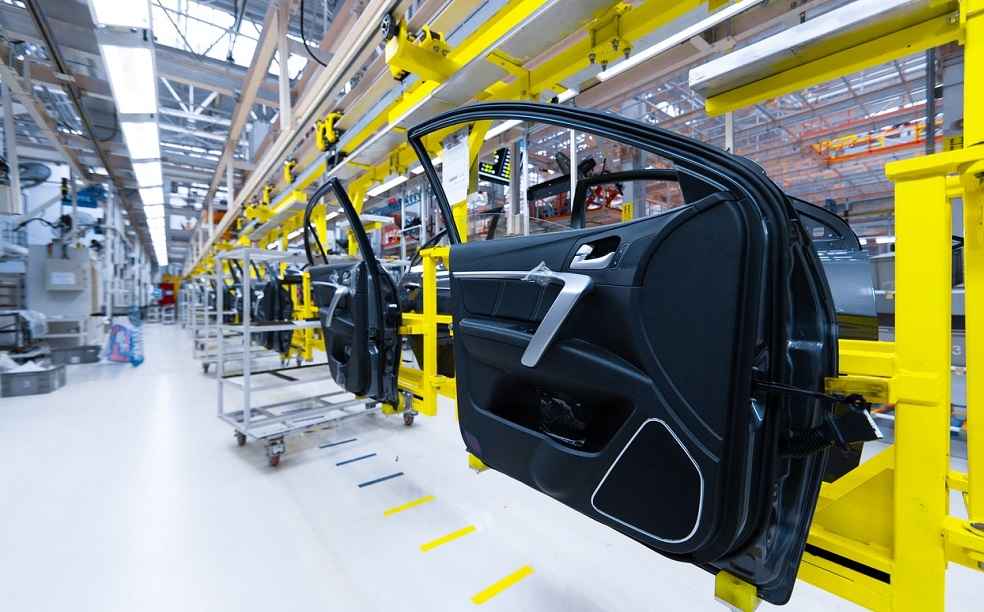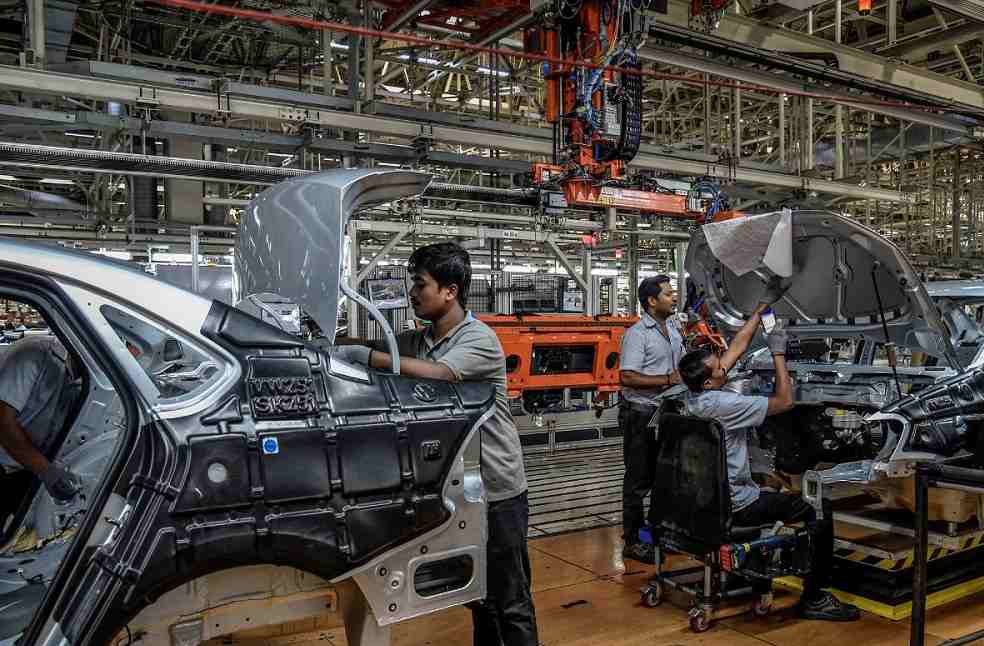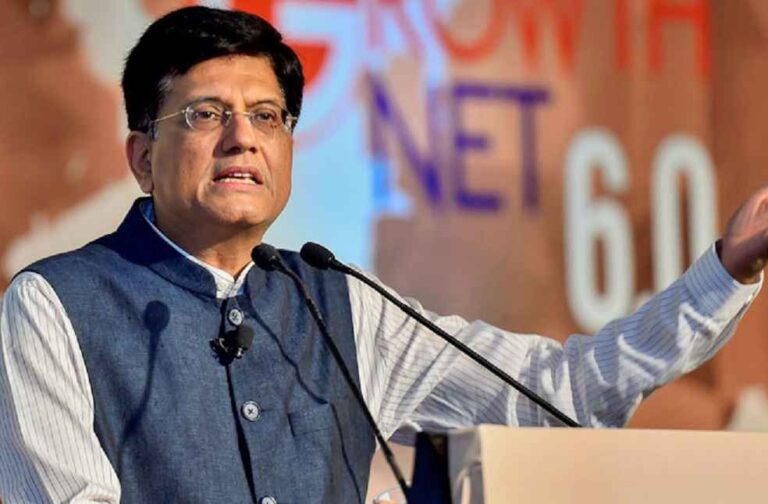Commerce and Industry Minister Piyush Goyal has challenged India’s auto component manufacturers to shift focus from imports and scale up domestic production. He outlined an ambitious goal: reach $100 billion in exports by 2030, a jump from the current $21.5 billion.
Addressing industry leaders, Goyal voiced concerns about continued reliance on foreign suppliers, particularly from Korea, Japan, and Taiwan. “Many of our component manufacturers still import, I do not know whether (due to) any compulsion or voluntarily, their needs of inputs from Korea, Japan, Taiwan and one of the neighbours,” he said.

With a vast domestic market and global opportunities on the rise, the industry stands poised to elevate export performance. Goyal urged the sector to seize this momentum, pointing to the government’s initiative of developing 20 smart industrial cities. These new urban centers could serve as dedicated hubs for auto component makers, complete with the infrastructure required for seamless operations.
Goyal expressed willingness to allocate specific townships for the industry, noting that Singapore had been offered a similar deal. The vision extends beyond mere manufacturing, proposing fully integrated ecosystems that would include dining, hospitality, education, and other amenities, tailored to the needs of the industry and its partners.
On the subject of Free Trade Agreements (FTAs), Goyal lauded the auto component sector’s proactive stance. While other industries have hesitated, the auto sector has embraced competition and opportunities arising from FTAs. Goyal also highlighted potential investments from European Free Trade Association (EFTA) nations, such as Iceland, Liechtenstein, Norway, and Switzerland, pointing to technology transfer and profitability as major draws.

Goyal also revealed a unique acquisition opportunity — a leading German company, now valued at zero, which possesses significant technological assets. “This is the time, why doesn’t someone from our company or government buy it off,” he noted.
He concluded by calling on the auto sector to raise awareness among consumers about the value of products made by original equipment manufacturers (OEMs). Goyal stressed that customer education is critical for strengthening trust in Indian-made components and boosting the industry’s global competitiveness.
KNOWLWDGE | World EV Day 2024: Uniting Global Efforts with ‘Let’s Drive Change, Together’





